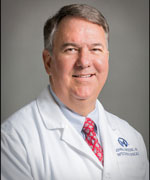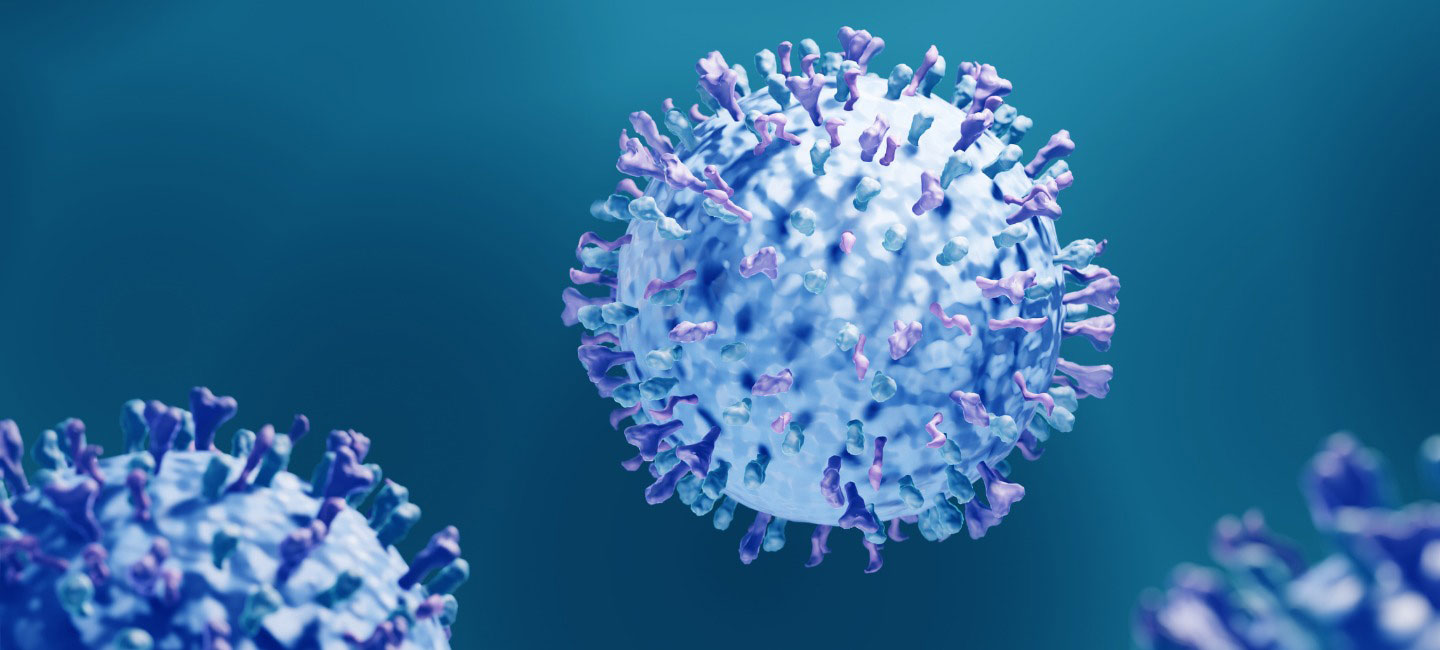CDC Recommends RSV Vaccine for Older Adults
The Centers for Disease Control and Prevention recommends that adults 60 and older get a new vaccine to prevent severe respiratory syncytial virus infections, or RSV. The decision should be made based on a discussion with their doctor about whether the vaccine is appropriate.
The GSK and Pfizer vaccines are the first approved to prevent RSV, which causes about 10,000 deaths every year in Americans 65 and older. The shots should be available in the fall, about the same time as the flu and updated COVID-19 shots.
Older adults, as well as infants and young children, are the most likely to develop severe RSV infection that may require being hospitalized. This includes pneumonia and inflammation of the small airways in the lungs. RSV can also make chronic health problems such as asthma worse.
In addition to adults 60 and older, adults with chronic heart or lung disease and adults with weakened immune systems are at highest risk for severe RSV infection.

“The RSV vaccine should be given to patients over 60 who are immunosuppressed. This absolutely includes older cancer patients and their caregivers who are over 60 years old,” said Dr. John Greene, chair of the Infectious Diseases Department at Moffitt Cancer Center.
Pfizer and GSK presented data that shows the shots could be protective for at least two years. Americans older than 60 covered by Medicare are not expected to pay out of pocket for the vaccines. The GSK shot is expected to cost $200 to $295 per dose. Pfizer has not shared a price.
HOW TO AVOID RSV
RSV season starts in the fall and peaks in winter. If you are at high risk for severe RSV infection or if you interact with an older adult, take extra care to stay healthy.
- Wash your hands often. Use soap and water for at least 20 seconds. If soap and water are not available, use an alcohol-based hand sanitizer. Washing your hands will help protect you from germs.
- Keep your hands off your face. Avoid touching your eyes, nose and mouth with unwashed hands. Germs spread this way.
- Avoid close contact with sick people. Avoid close contact, such as kissing and sharing cups or eating utensils, with people who have cold-like symptoms.
- Cover your coughs and sneezes. Cover your mouth and nose with a tissue or your upper shirt sleeve when coughing or sneezing. Throw the tissue in the trash afterward.
- Clean and disinfect surfaces. Clean and disinfect surfaces and objects that people frequently touch, such as toys, doorknobs and mobile devices. When people infected with RSV touch surfaces and objects, they can leave behind germs. Also, when they cough or sneeze, droplets containing germs can land on surfaces and objects.
- Stay home when you are sick. If possible, stay home from work, school and public areas when you are sick. This will help protect others from catching your illness.
Centers for Disease Control and Prevention
Per @CDCgov’s recommendation, people ages 60 and older may now receive the RSV vaccine.
— HHS.gov (@HHSGov) June 29, 2023
These new vaccines – the first licensed in the U.S. to protect against RSV – are expected to be available this fall.
Read @SecBecerra’s Statement: https://t.co/xf2DWOhkuN



